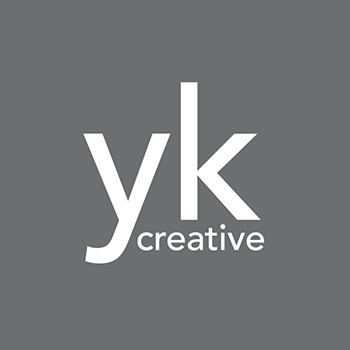What is Digital Content Marketing?
Simply put, content marketing is the art of communicating with your prospects without actually “selling” to them. It’s done digitally or online, as opposed to, through traditional methods of marketing like print and billboards.
Is Content Marketing Another Name for Advertising?
In both cases, your goal is to get people to buy from you; however, the methods are different.
In advertising, you’re promoting your product or service by putting it in front of your audience and telling them why they should buy it.
In content marketing, you’re developing relationships by giving consumers what they’re looking for. Your aim is to educate your target audience through relevant, consistent content that will draw them in and ultimately inspire them to make a purchase.
The 5 Big Advantages of Digital Content Marketing
Lower cost: Digital can be less expensive than traditional marketing.
The cost of a billboard is about $3,500, and newspaper ads run about $600 to $700. Social media marketing can be organic (posting a blog is free) or paid (such as Facebook ads, where you set your own budget based on cost-per-click or cost-per-mille).Flexible: You can edit digital content. Mistakes can be corrected and changes can be reflected instantly.
Interactive: Potential customers can interact with it. For example, a print ad can let people know a store is having a sale on bedding, but it can’t show them every comforter pattern that’s available and you can’t ask about delivery.
Measurable: Want to know how many people clicked on your ad, how many made a purchase, which audience segments are buying more, etc.? A plethora of digital tools and dashboards are out there to answer any question you have at any point in your campaign.
Targeted: Consumers find you because you took the time to research who will be most likely to buy from you, plus how and where to best engage them.
Essentials of a Strong Digital Content Marketing Plan
Target Audience
One huge advantage of digital content marketing is your ability to target specific audiences. It will take some research to identify who they are, but the ROI makes it worth it.
Most businesses have multiple target audiences, and you’ll need to create a buyer persona for each that might include:
Age range
Gender
Budget
Location
Job title
Goals
Challenges
SMART Goals
A marketing plan also needs goals—but not just any goals. The most successful marketing plans have SMART goals, which are:
Specific: Clearly identify what you hope to achieve.
Measurable: Decide how you will define success.
Achievable: Are your goals within reach?
Relevant: Do your goals align with your overall business goals?
Timely: Define your timeline for achieving your goals.
Pulling it All Together
ykcreative has been helping businesses of all sizes build successful branding and digital marketing campaigns for 15 years. Our team offers a full range of award-winning services, including branding and design strategy, marketing and public relations strategy, sales funnel strategy and technology integration.

